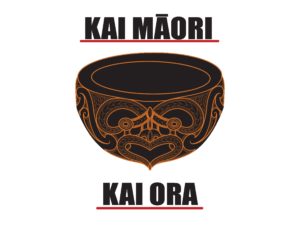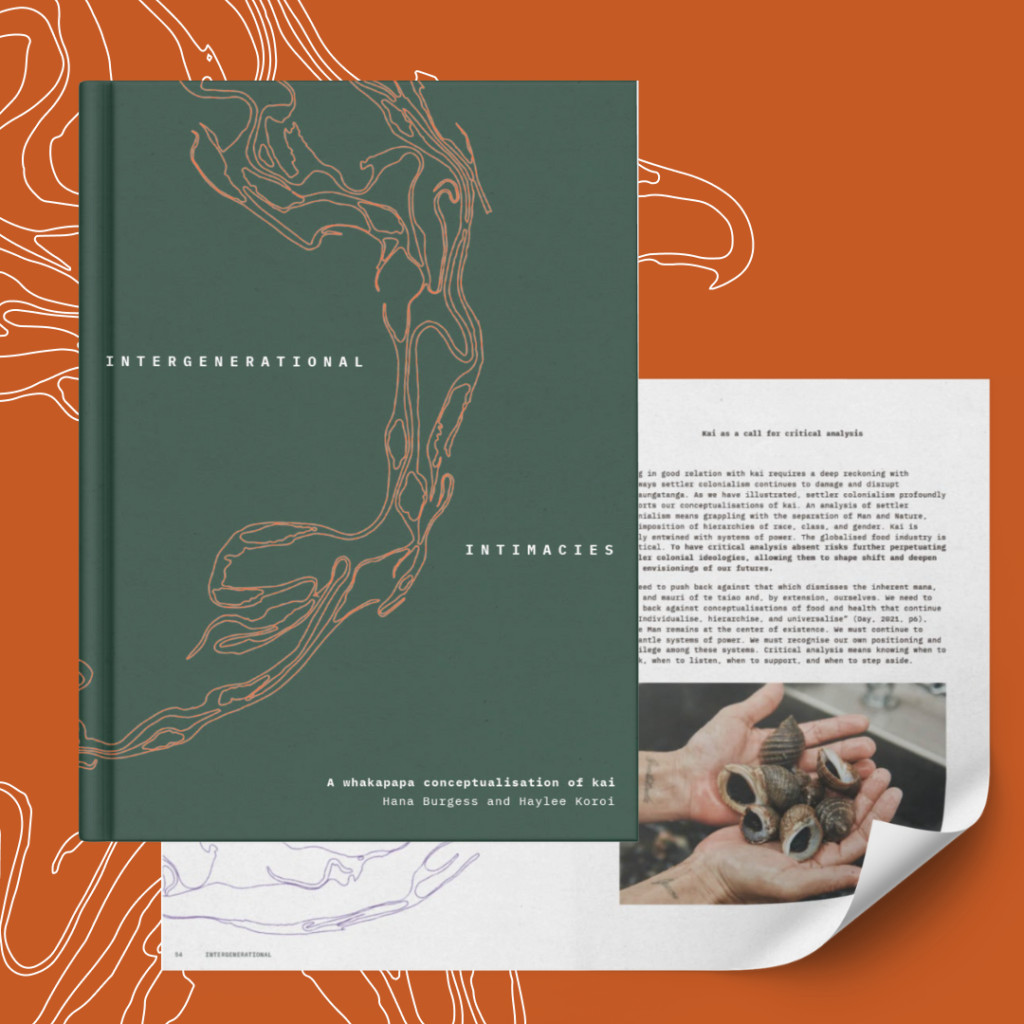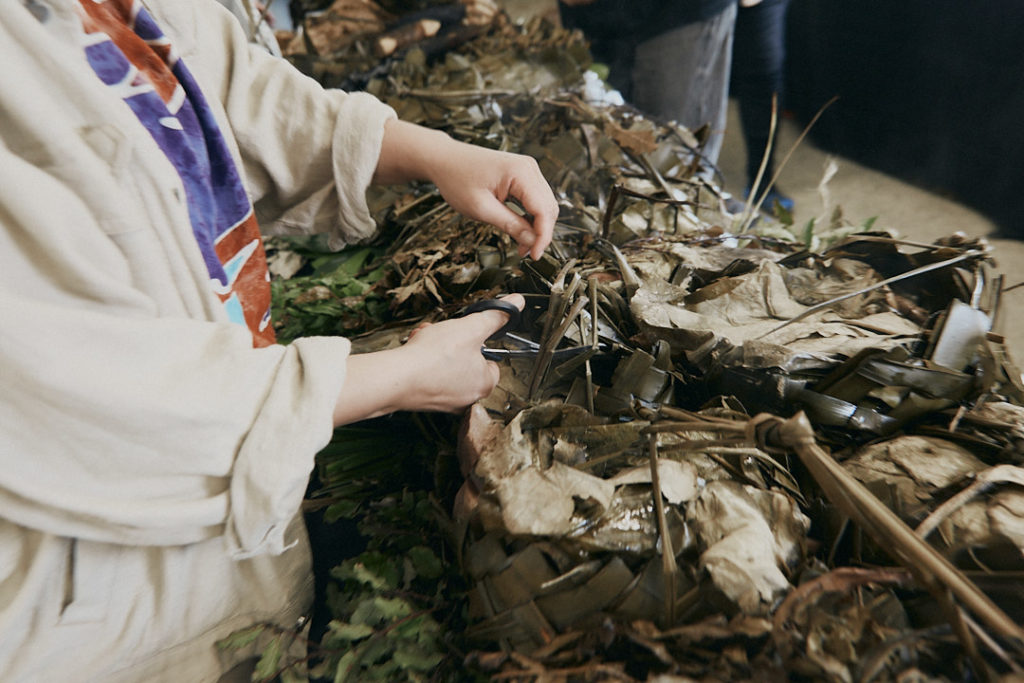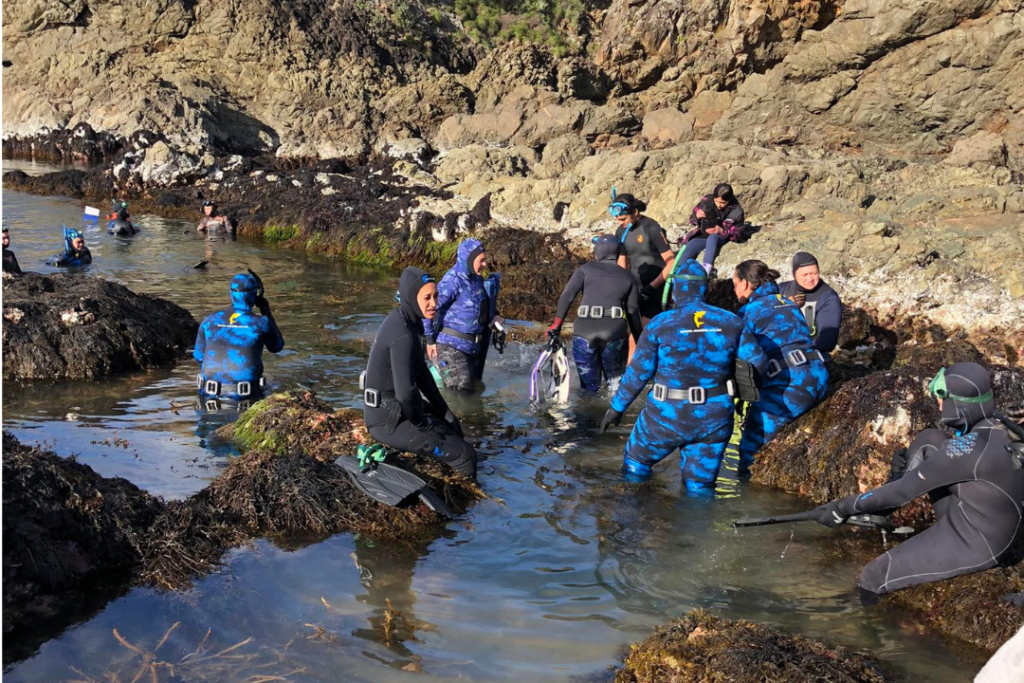Kai Māori Kai Ora
When we talk about what it means to be well through kai, not only for this generation but for many generations to come, whakapapa asks us to think beyond ourselves as individuals.
Through whakapapa, we expand our view outwards, to the many relations who play a part in giving sustenance to the food we eat – from atua, to taiao, ngahere, soil, hapū and whānau etc.
To be well through kai for many generations becomes a question of how we might nurture our wider relations.
Kōrero tuku iho can guide us in answering these questions, reminding us that we have enduring intergenerational legacies with kai. As Māori, our relationships with kai are foundational to who we are.
Kai is deeply woven into our language, our identities and our conceptions of time and space. Advocating for and enabling access to these kōrero tuku iho and their transformative potential drives our mahi within the Kai Maori space.






